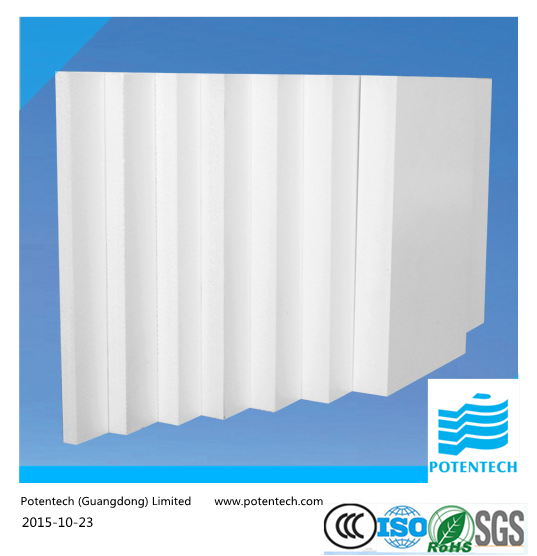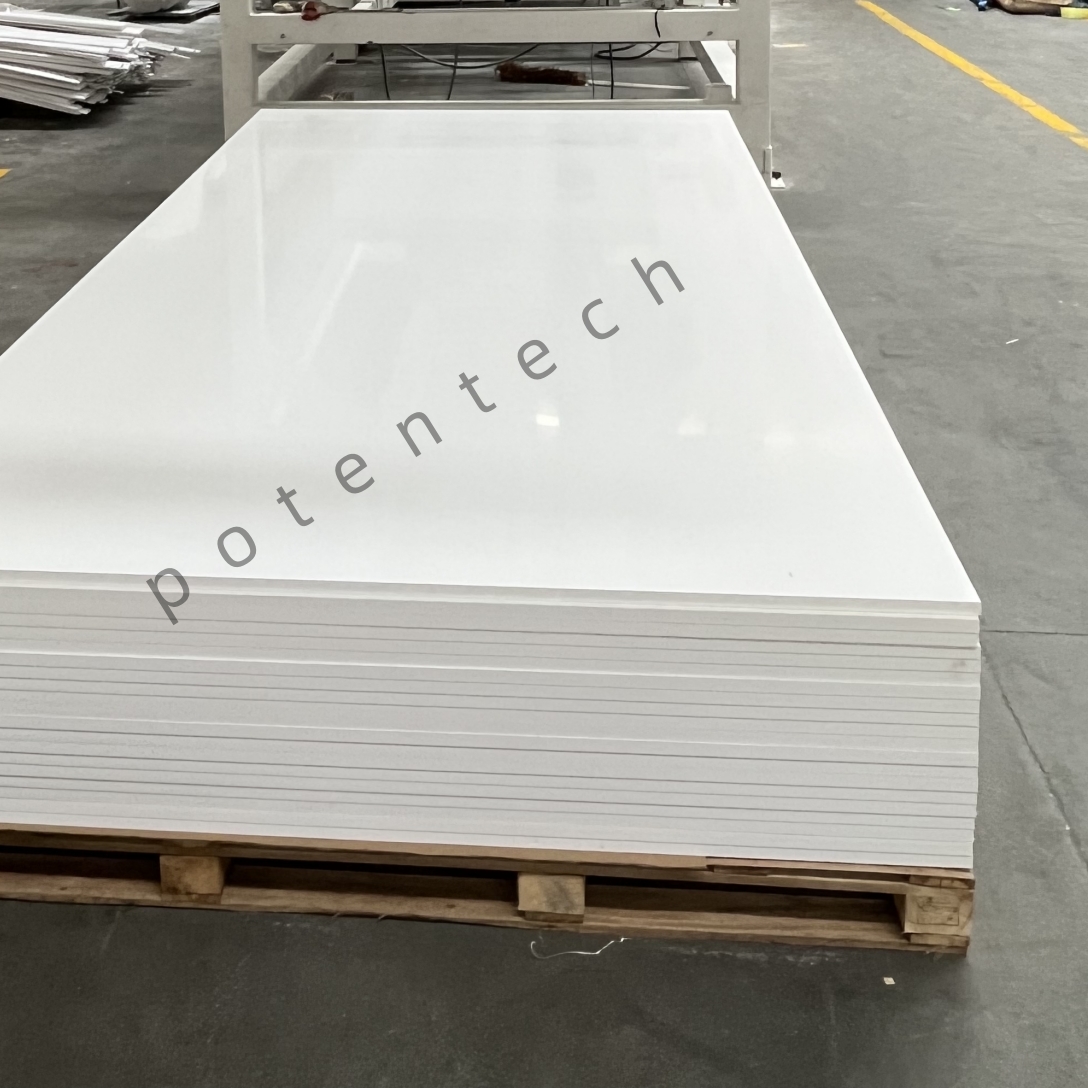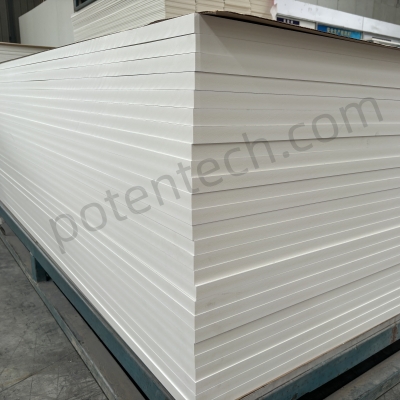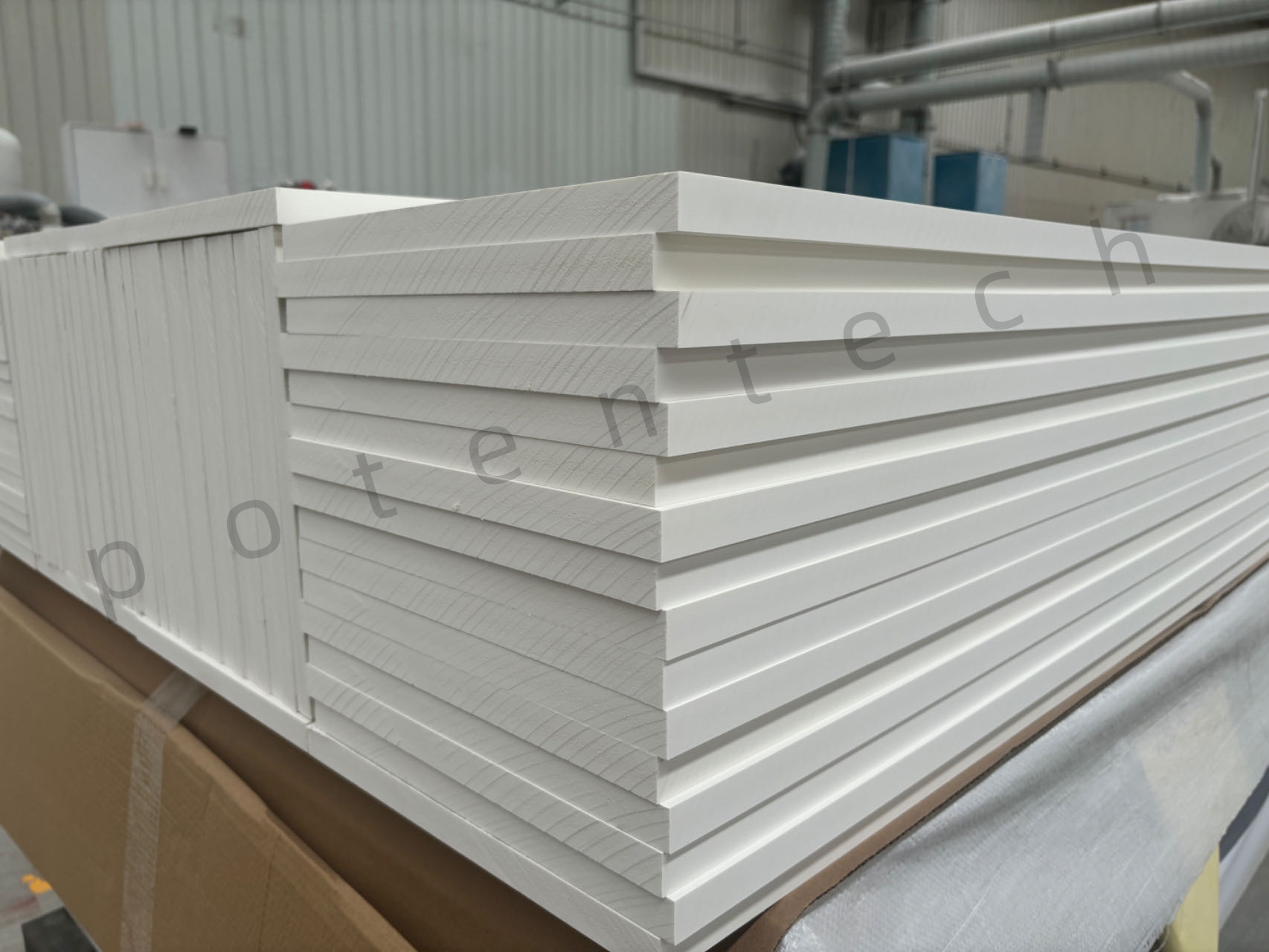2024-07-25
More
Menu
- Home
- Products
- PVC Moulding
- PVC Skirtboard
- PVC Crown Mouldings
- PVC Casing Mouldings
- PVC Beadboard
- PVC Windows Sill
- Additional Mouldings
- PVC Trim
- Cellular PVC Trimboard
- PVC Conceal Trim
- Window & Door Trim
- PVC Furniture Boards
- PVC Advertising Boards
- PVC Post Wrap Boards
- PVC Lamination Boards
- News
- Company news
- Industry News
- Case
- Factory Show
- 360º Factory Tour
- Company Basic Information
- Advanced Equipments
- A Complete Quality Management System
- Contact Us
- About Us
- Company Style
- Certificate
- Exhibition
- FAQ
- Service
- Responsibility
Search






